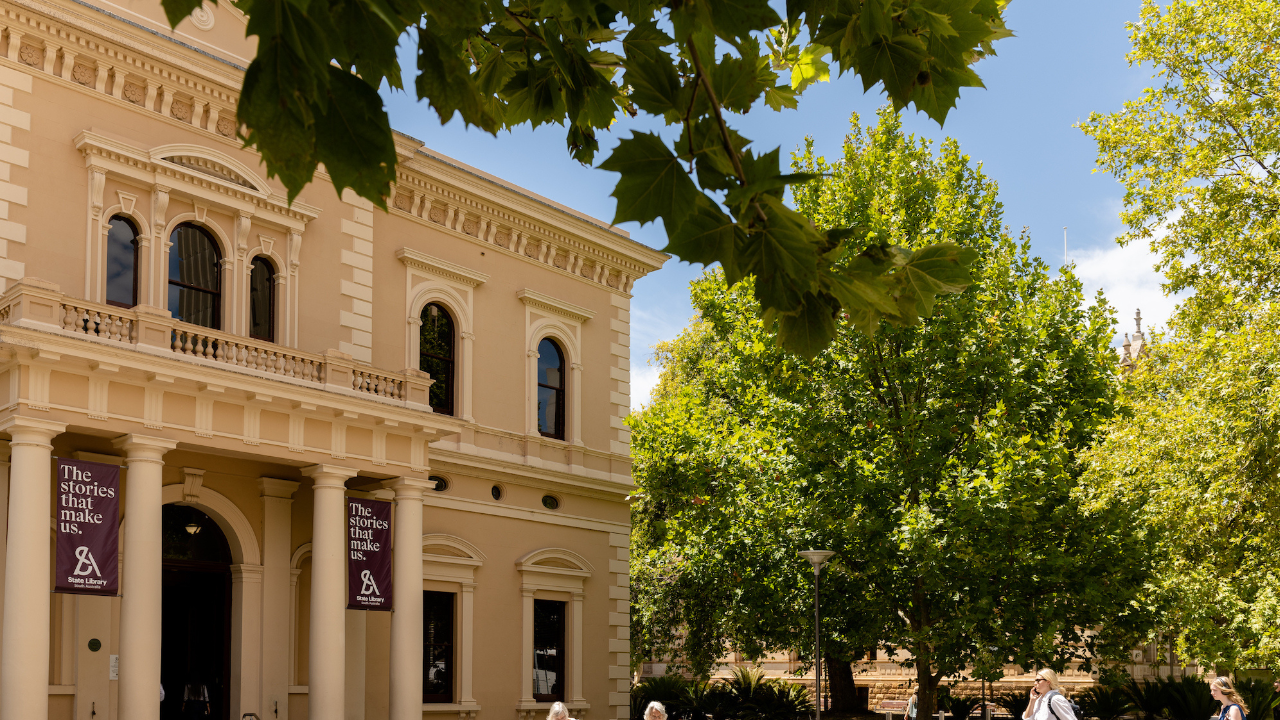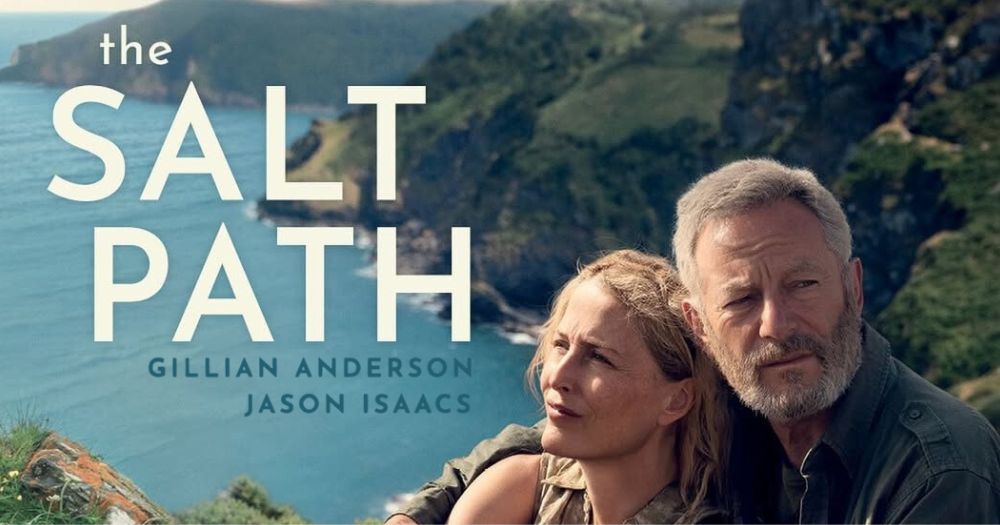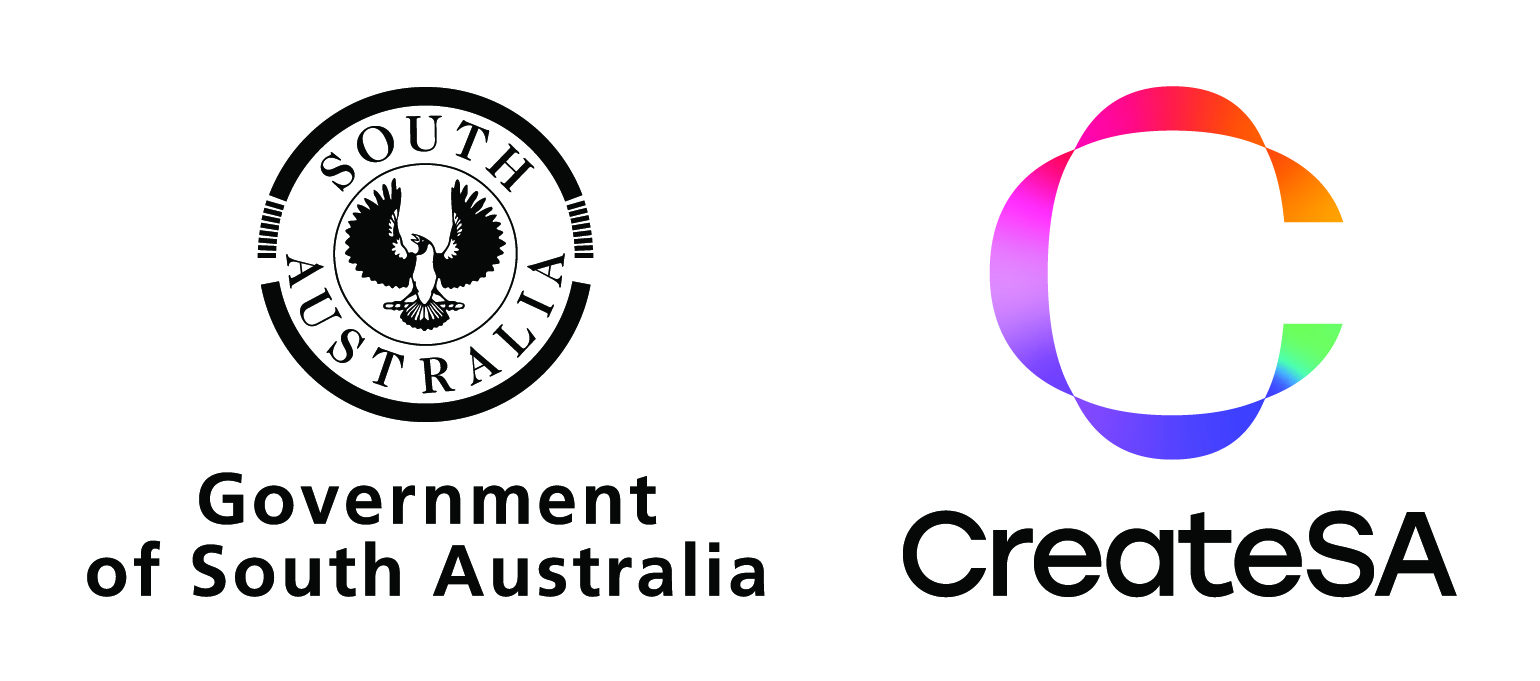Writers SA’s literary journal – Splinter – is inviting First Nations writers from around Australia and the world to submit to its third issue.
Splinter is seeking fiction, non-fiction, poetry, and experimental work from emerging and established writers for the issue, which will be published in November 2025.
The issue – the journal’s third – will be an all-First Nations publication led by guest editor Jannali Jones, a Gunai novelist, editor, and playwright.
Jones says she is seeking bold writing that doesn’t pull any punches.
“This issue we’re looking for stories that speak to the weight and wonder of being First Nations, how past and present move together towards the future,” she says.
“We want the stories that live in our bodies. The ones handed down, the ones that still keep you guessing. The stories that sting, that stir, that sing. Words that honour our Elders, that speak to place. The absurdity of life inside the colony, and words that challenge white possession. Be daring.
“We’re not looking for permission, politeness or performance. We want truth. Weirdness. Rage. Love.”
The writer callout is open for six weeks from June 23 until August 3. Writers can submit up to two pieces of fiction, non-fiction, or experimental writing. Poets can submit up to three poems. There is no cost to submit work and writers selected for publication will be paid industry-standard publication rates.
Splinter is a literary journal published by Writers South Australia in partnership with Flinders University, the University of Adelaide, and UniSA. The journal is supported by CreateSA.
The First Nations issue was conceived by and will be supported by the journal’s advisory committee of established writers. The committee includes Yankunytjatjara poet and writer Ali Cobby Eckermann and Ngarrindjeri and Kaurna poet, writer, artist and curator Dominic Guerrera.
Guerrera says the journal’s First Nations issue is as important for readers as it is for writers.
“With this issue, Splinter is not only celebrating Indigenous culture but also giving space for Aboriginal writers to be published and read widely,” he says.
“I have seen firsthand the power of storytelling in preserving culture, challenging stereotypes, and fostering understanding between Aboriginal and non-Aboriginal communities. This issue has the potential to uplift Indigenous writers and also expand the perspective of readers.”
Submissions are now open through the Writers SA Submittable page and will close on August 3, 2025. Find out more at Splinter’s website.







